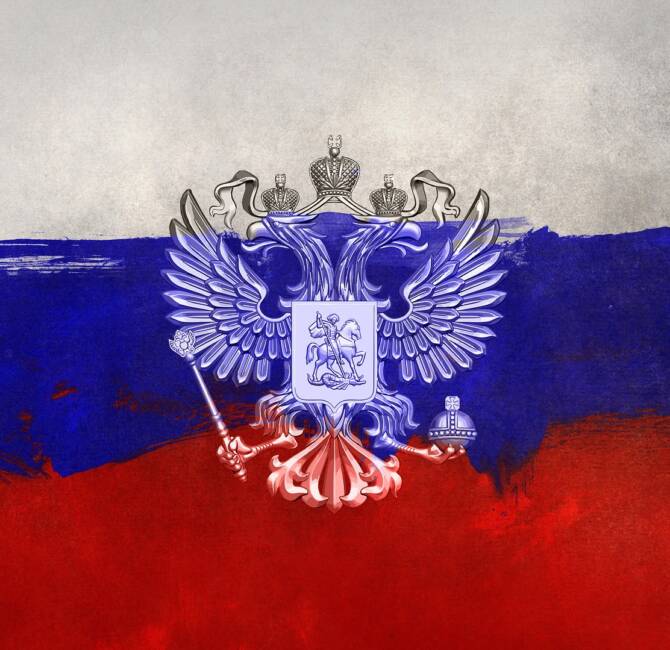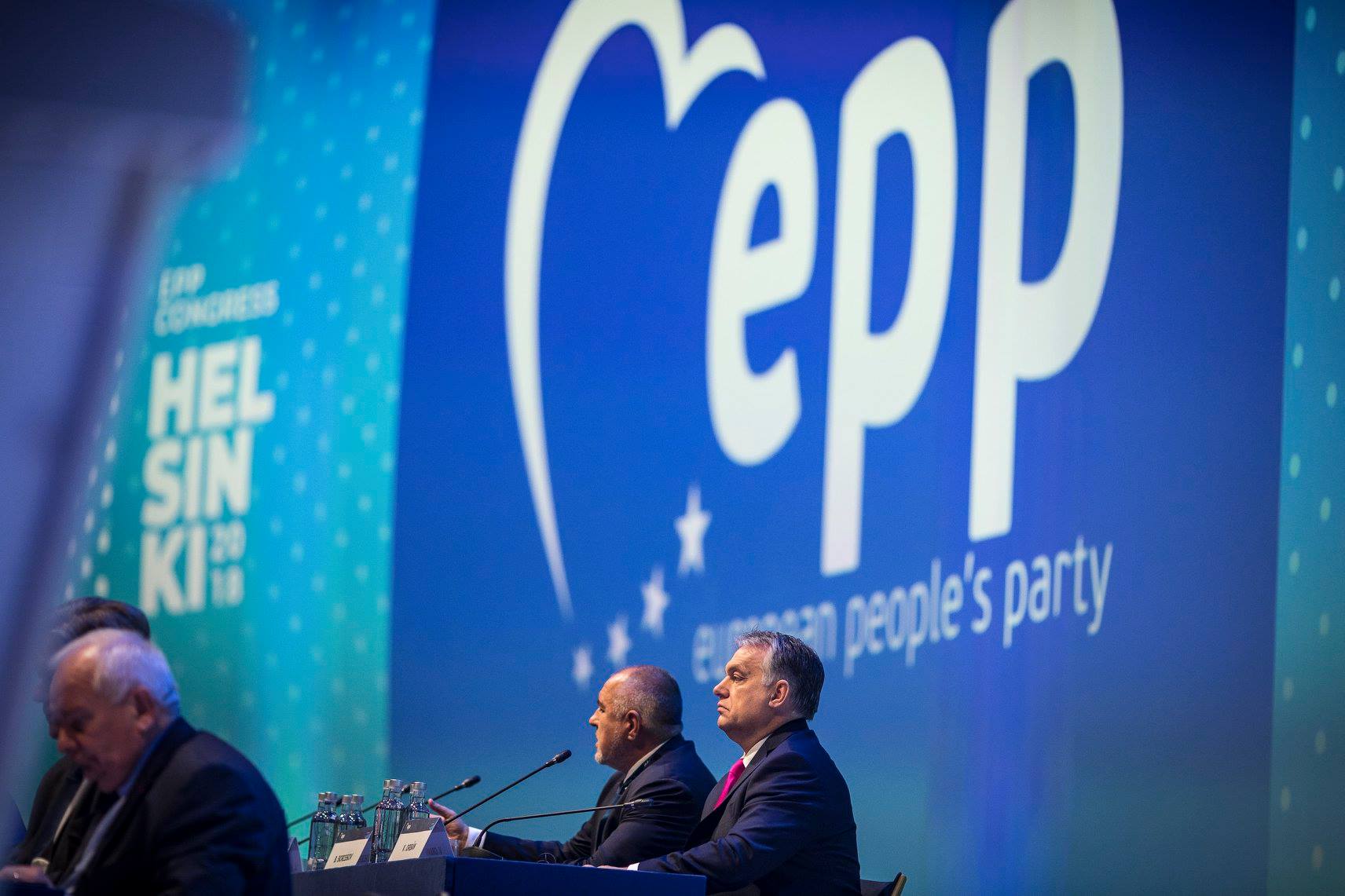By Raoul Weiss.
Romania – On April 25, László Tőkés, a bishop of the Transylvanian-Hungarian Calvinist Church and already legendary freedom-fighter of the Hungarian minority in Romania, who is also a FIDESZ MEP, paid a visit to MM. István Beke and Zoltán Szőcs, the two Szekler activists jailed 9 months ago by the Romanian authorities under the charge of terrorist activities. He also asked for Romanian president Klaus Johannis to show mercy and pardon the activists. This could be a beautiful Christian story of peace-making and forgiveness, since Klaus Johannis, the most anti-Hungarian president Romania has ever had, personally stripped bishop Tőkés of his Romanian state honours shortly after getting elected. But the bishop’s query seems to contradict other, simultaneous statements by said Tőkés, who also declared that MM. Beke and Szőcs were innocent citizens sentenced in a “show trial”. Yet who could possibly organise a show trial in Romania, if not the Romanian Deep State, to which Klaus Johannis is notoriously connected? And why should innocent people be pardoned in the first place?
Tőkés’s gesture actually takes place amidst a vicious court- and media war between the two branches of Romanian executive power: a government puppet-mastered by Social Democrat Party (in Romanian: PSD) leader Liviu Dragnea, and president Johannis’s National Liberal Party (PNL), a more or less direct heir to ex-president Traian Băsescu’s Liberal Democrat Party (PDL). Ten years ago, Hungary’s FIDESZ and its local allies within local Hungarian minority politics (including bishop Tőkés) used to be almost friends with the Băsescu team. But that was ten years ago. Since then, Viktor Orbán’s FIDESZ, rebranded as “populist”, has ended up heading the Eurocrats’ blacklist, while the Romanian “right”, under the ethnically German Klaus Johannis, has become totally subservient to Brussel-Berlin’s interests. Is László Tőkés (67) simply living in the past?
Not necessarily. The (not so) cold war within the Romanian state is intensifying due to the build-up to upcoming European elections, considered by many in Romania as a general rehearsal for the presidential elections expected at the end of this year. Both sides seem to be internally divided and weakened by corruption scandals: an ideal situation to raise stakes for the leaders of the Hungarian minority – which represents only 7% of the Romanian population, but those 7% can become the key to victory if the run is tight enough. These circumstances also create ideal conditions for fierce competition within the political representation of said minority: while the main Hungarian Party (UDMR in Romanian, RMDSZ in Hungarian – a member of the EPP) yields conditional support to Liviu Dragnea’s majority, but struggles to “get paid” under the form of pro-Hungarian measures, right-wing competitors of the UDMR/RMDSZ (including bishop Tőkés’s small Szekler National Council) are obviously trying to outsmart it by seeking right-wing Romanian alliances – or at least, to look like they would be in a position to do so. Considering that the PNL list for the European elections is headed by Rareș Bogdan, a journalist who has built his career on fierce anti-Hungarian paranoia, reconciling Hungarian and Romanian “right-wingers” might take more than a smart bishop – if you ask me:it would take a miracle of God.
And, while miracles are seldom in politics, unfortunately, it is also hard to guess how many of the members of the Hungarian minority do understand the strategic, cynical nature of this political game. In the mind of unsophisticated citizens, one may fear that the main consequence of Tőkés’s gamble will be to discredit the UDMR/RMDSZ – or at least to divide its constituency – at the very moment when the latter, due to Hungary’s support and its central position in Romanian parliamentary power games, is getting near to acquire an unprecedently good negotiating position. Such a mistake would be all the more surprising that, in Slovakia, the most recent electoral history has shown what happens to a post-Trianon Hungarian minority when it loses political unity and renounces the principle of ethnic representation.




